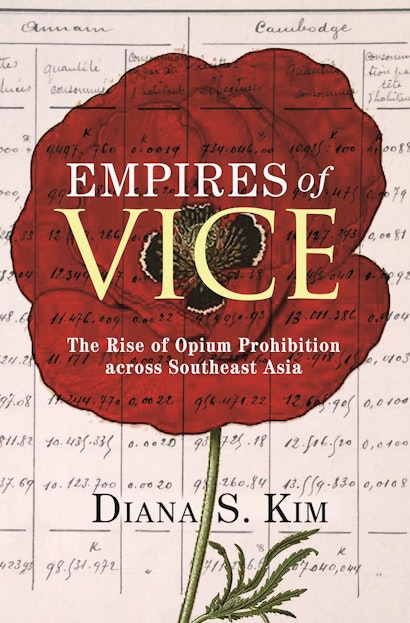Opium was once integral to colonial rule across Southeast Asia. The drug was a major source of revenue for European rulers, who also derived moral authority from imposing a tax on a peculiar vice of their non-European subjects. Yet between the 1890s and the 1940s, colonial states began to ban opium, upsetting the very foundations of overseas governance—how? This talk explores the history of this dramatic reversal, and traces lasting legacies that have set the stage for the region’s drug problems today. It challenges conventional wisdom about opium prohibition—that it came about because doctors awoke to the dangers of drug addiction, or that it was a response to international moral crusaders—uncovering a more complex story deep within the colonial bureaucracy. Drawing on a wealth of archival evidence from Southeast Asia and Europe, this talk explains how prohibition emerged through the pivotal contributions of seemingly weak officials who delegitimized the taxing of opium, which in turn made major anti-opium reforms possible. It further reveals the inner life of an administrative state, demonstrating how power can be consolidated through prosaic administrative and symbolic practices.
Diana Kim’s research and teaching focuses on the transnational politics and history of markets across Southeast and East Asia, with particular interest in the regulation of vice, illicit economies, theories of crime and disorder, state formation, and legacies of Empire and colonialism. Her first book, entitled Empires of Vice, develops a comparative study of the rise of opium prohibition in British Burma, Malaya, and French Indochina since the late 19th century.
